The Town is committed to pursuing grants and alternative funding opportunities to support a wide range of projects, acquire specialized equipment, and enhance training efforts. These resources allow the Town to extend beyond the limitations of its operational budget and address the evolving needs of a growing community. To promote transparency and provide clear, up-to-date information, this grant funding page is reset annually on July 1. We are grateful to the funding agencies that continue to recognize and invest in the future of the Town.
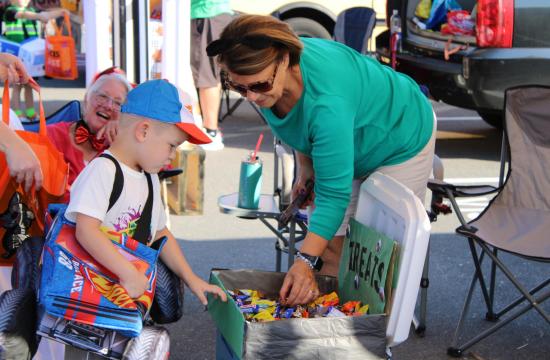
Through its New Initiative Grant, the North Carolina Recreation and Park Association (NCPRA) stimulates creative and impactful projects in local North Carolina communities. By awarding seed funding, this program helps advance the association's core mission of promoting equitable access to outdoor spaces, fostering health and wellness through engaging activities, and supporting local conservation efforts. The initiative ultimately enhances community well-being by providing new resources and opportunities for residents.
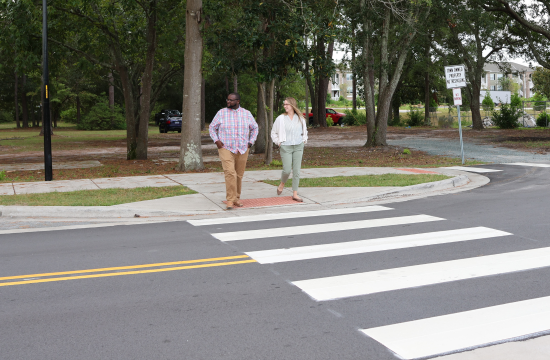
The AARP Community Challenge grant program is part of the nationwide AARP Livable Communities initiative that helps communities make immediate improvements and jump-start long-term progress in support of residents of all ages.
Through this program, the Town of Leland is seeking funding to install Rectangular Rapid Flashing Beacons (RRFBs) at two key crosswalks. These pedestrian safety signals will provide improvement in accessibility and visibility, helping to protect all who walk or cycle in the community, particularly residents aged 50 and older. By installing four RRFBs, the Town will create safer, more connected routes that encourage mobility, independence, and peace of mind for residents and visitors alike.

The Arbor Day Foundation is a global nonprofit dedicated to planting trees. Since 1972, the Arbor Day Foundation has planted more than half a billion trees in over 60 countries.
The Town of Leland has applied to partner with the Arbor Day Foundation to plant trees within the Leland Town Center commercial area. This project will provide a shaded, inviting path for pedestrians and cyclists.
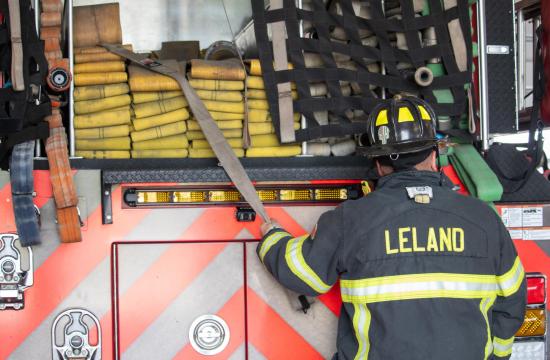
The Fire Prevention and Safety (FP&S) Grants are part of the Assistance to Firefighters Grants (AFG) and support projects that enhance the safety of the public and firefighters from fire and related hazards. The primary goal is to reduce injury and prevent death among high-risk populations.
The Fire/Rescue Department proposes the acquisition and deployment of a modern, customized Fire Safety Education Trailer to enhance community fire prevention efforts through year-round, hands-on outreach. This mobile unit will serve as an interactive learning environment equipped with tailored training modules, multimedia tools, and safety simulators designed to educate citizens of all ages on critical fire safety topics. Replacing the borrowed trailer currently in use, this upgraded unit will significantly expand the department’s capacity to deliver engaging, accessible, and impactful fire prevention programming across Leland and surrounding areas.
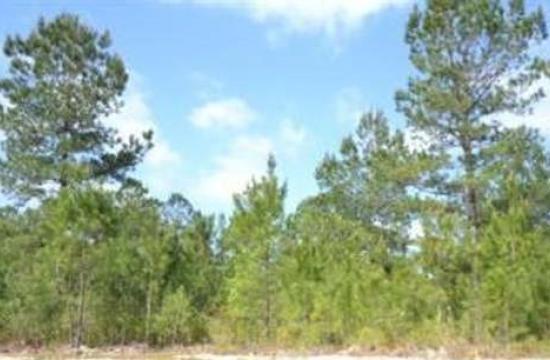
NCLWF land acquisition projects protect habitat for rare and significant plant and animal communities, buffer streams to filter sediment and other pollutants, protect downstream drinking water supplies, provide recreational opportunities such as greenways and trails, protect historic sites from disturbance, and prevent incompatible land use near military installations. At the end of the project, the land may be owned by the state of NC or a local government as public lands (local greenways, State Parks, State Game Lands, etc.), or may remain in private ownership, managed for conservation.
The Town of Leland has applied for the NCLWF grant to purchase property that will be put into conservation. The TOL will allow public access to a natural area or open public space. The acquisition of this property will help preserve a forest and create trails for public access. This will ensure that natural spaces remain an integral part of community life.
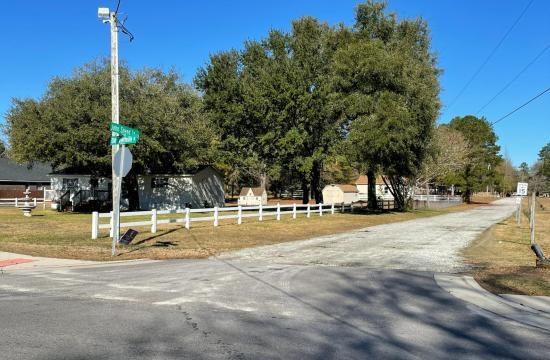
The Rebuilding American Infrastructure with Sustainability and Equity (RAISE) program helps communities around the country carry out projects for surface transportation infrastructure with significant local or regional impact.
The Town of Leland has a priority to strengthen the connection between residents and the community through up-to-date streets. Funding supports planning grants and capital construction grants, as well as technical assistance, to restore community connectivity through the removal, retrofit, mitigation, or replacement of eligible transportation infrastructure facilities.
